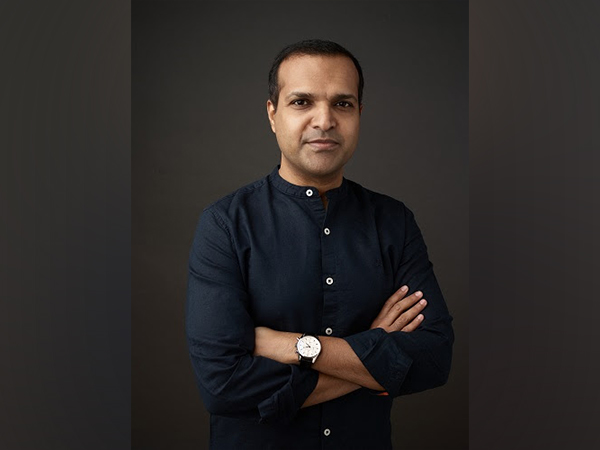
More than 40 mln people facing high levels of food insecurity across IGAD region
May 14, 2022
Addis Ababa [Ethiopia], May 14: The Intergovernmental Authority on Development (IGAD), an eight-country trade bloc in East Africa, on Friday disclosed some 40.4 million people are currently facing high levels of food insecurity across its member states.
"The most current estimates by experts across our member states show that across the IGAD region, approximately 40.4 million people are facing high levels of food insecurity," an IGAD statement quoted Workneh Gebeyehu, the executive secretary of the IGAD, as saying Friday.
According to the IGAD, the latest estimate of 40.4 million food-insecure people across the region represents an increase of 30 percent from the 29 million that had been recorded at the beginning of April.
Gebeyehu made the remarks during a high-level ministerial meeting on the ongoing drought in the IGAD region that was held in Nairobi, the capital of Kenya.
"In the three weeks that have passed since we issued the last warning, the numbers of our brothers and sisters in need of humanitarian assistance has risen sharply," Gebeyehu told the high-level ministerial meeting.
The high-level meeting brought together ministers responsible for Disaster Risk Management in Djibouti, Kenya, Somalia, South Sudan, and Uganda who were joined by donors and international development actors to take stock of the situation, assess the immediate humanitarian needs, long-term resilience programming, and gaps in funding across the region.
According to the figures from the IGAD, some 8.1 million people are food insecure in Ethiopia, 3.5 million in Kenya, 7.7 million in Somalia, 8.9 million in South Sudan, 10.6 million in Sudan, and 1.6 million in Uganda.
The IGAD chief called for an immediate increase in the emergency response, with a specific appeal for a total of 6.3 billion U.S. dollars, to address the drought situation in the region.
Guleid Artan, the director of IGAD's Climate and Applications Centre, emphasized that for pastoral communities, recovery after the drought is always the most challenging aspect of the entire scenario.
"It takes on average five years to build livestock back from one episode of drought. So, imagine the situation these people find themselves in after four consecutive failed seasons? No one anywhere in the world can prepare for this," Artan stressed.
IGAD member states in their joint communique acknowledged the severity of the situation and called for looking beyond immediate assistance and rethinking the region's approach to resilience.
The IGAD groups Djibouti, Ethiopia, Eritrea, Kenya, Somalia, South Sudan, Sudan, and Uganda.
Source: Xinhua









